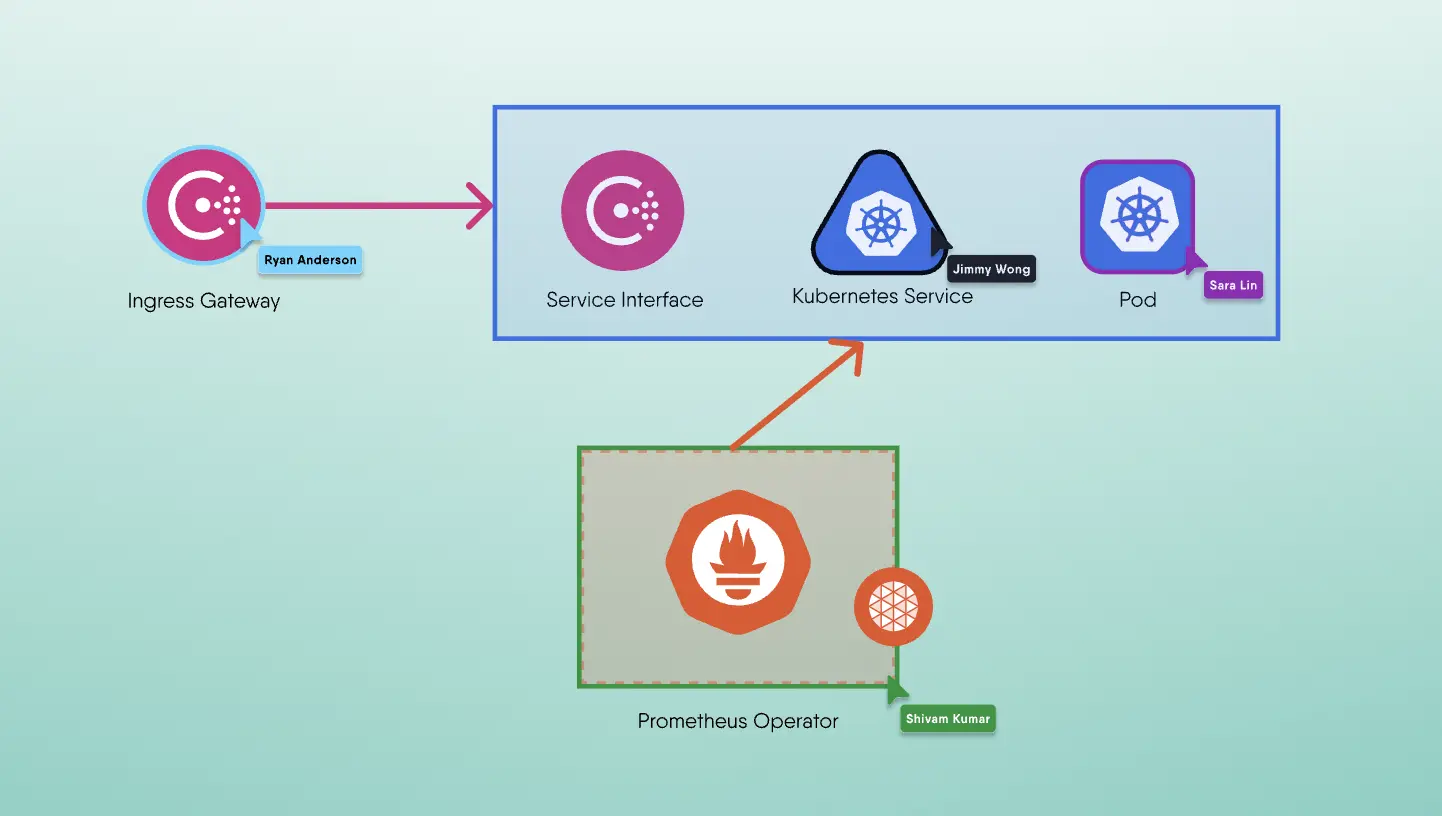
Introduction to Istio
Organizations that have adopted containers and are running a handful (or more) of microservices often find tools to provide observability, control, and security lacking. Service meshes—the third phase in the microservices journey—have quickly entered the cloud native landscape, filling unmet service-level needs and providing a substrate of secure connectivity, uniform visibility, and granular control over service requests. Operating at layer 5, service meshes offer great value.
Lee Calcote walks you through advanced service mesh concepts and each and every aspect of the open source service mesh Istio. Over three hours, you’ll gain hands-on experience with this popular tool as you learn how to deploy Istio alongside microservices running in Kubernetes.
What you'll learn-and how you can apply it
By the end of this live online course, you’ll understand:
- How to manage traffic through load balancing and resilient communications
- How to enforce policies and rate limiting
- Istio's methods for managing telemetry, monitoring, and reporting
- Approaches to canary deployments and securing communication with Istio
And you’ll be able to:
- Configure and operate Istio in context of an example workloads and their common use cases
- Take the third step in your cloud native journey with an initial deployment of a service mesh
This training course is for you because...
- You’re an operator who wants uniform observability irrespective of the different languages and libraries that run your services.
- You’re a developer who wants to affect application behavior without code changes.
- You want to become a cloud native architect or level up as one.
Prerequisites
- Working knowledge of Docker, Kubernetes, and kubectl.
A locally running instance of:
- Docker (Docker Desktop for Mac or Windows, or Docker for Linux)
- Kubernetes (using Docker Desktop or Minikube for Mac, Windows, or Linux)
- Meshery (Mac, Windows or Linux)
Recommended preparation:
- Take Introduction to Kubernetes (live online training course with Sébastien Goasguen)
- If you need help installing Kubernetes, read “Installing Kubernetes Locally Using Minikube” (short section in “Chapter 3: Deploying a Kubernetes Cluster” in Kubernetes: Up and Running)
Recommended follow-up:
- Read The Enterprise Path to Service Mesh Architectures (report)
- Read Istio: Up and Running
- Speakers:
- Lee Calcote
- Abishek Kumar
An empowerer of engineers, Layer5 helps you extract more value from your infrastructure. Creator and maintainer of cloud native standards. Maker of Meshery, the cloud native manager.
